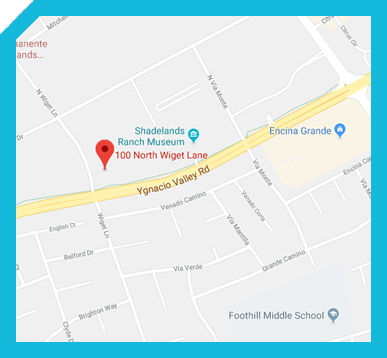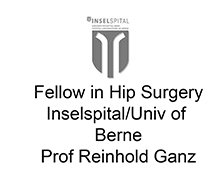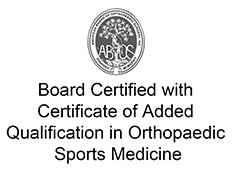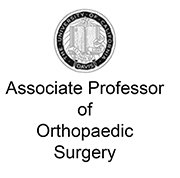
In May, we celebrate Arthritis Awareness Month. Living with arthritis can be painful, limiting your ability to perform daily tasks. The good news is that the symptoms can be alleviated with various treatments.
Best Treatments for Arthritis Pain
- Physical Therapy: Physical therapists will evaluate your posture, mobility, and range of motion while creating an individualized plan to get your joints moving more efficiently, reducing stiffness and rigidity. PT can help individuals with arthritis increase mobility, strengthen muscles, and manage pain.
- Stem Cell Treatment: Various forms of arthritis are successfully treated using stem cell therapy, a regenerative medicine approach utilizing the body's natural healing mechanisms. Regenerative medicine uses stem cells to renew and repair diseased or damaged tissues and has shown promising results in treating arthritis.
- PRP Injections: Platelet-rich plasma uses the power of your platelets and growth factors to heal and repair joints damaged by arthritis. A relatively new method of treating arthritis is PRP, which has proven to be effective at delaying surgery.
- Medications: Specific pain medications can effectively treat arthritis analgesics,\ nonsteroidal anti-inflammatory drugs (NSAIDs), disease-modifying antirheumatic drugs (DMARDs), or corticosteroids. In cases where analgesic medications or nonsteroidal anti-inflammatory drugs (NSAIDs) are ineffective at relieving symptoms of pain, opioids are prescribed. Topical medications like gels, creams and patches work by producing a cooling sensation to distract from the pain.
- Maintain Weight: Excessive weight can aggravate arthritis pain. You can improve your health by losing weight and reducing pressure on your joints. Fun fact, it is estimated that every pound lost reduces four pounds in the knees load.
- Steroid Injections: Steroids are injected directly into joints to reduce inflammation. It is possible to experience pain relief from steroid injections for weeks or even months after the injection has been given correctly.
- Trigger Point Injections: Injecting anesthesia, such as lidocaine, or anesthesia plus a corticosteroid, into muscle relieves pain. The trigger point injection contains a combination of medications that relieve muscle tension and inflammation.
- Diet and Nutrition: Certain foods can reduce inflammation, strengthen bones, and boost the immune system. Incorporate fatty fish, brassica vegetables, berries, and ginger into your balanced diet to ease arthritis symptoms. Avoid processed foods, sugar, dairy and gluten.
- Heat & Cold Applications: The application of heating pads, warm compresses, heat patches, warm baths, or hot wax can help joint pain. A cold pack, ice pack, or frozen vegetable pack are all helpful for relieving pain and lowering inflammation.
Orthopedic surgery may be recommended for more cases of arthritis, when a person can no longer be active and maintain a good quality of life. Joint replacement surgery can repair or replace damaged joints, helping reduce pain and improve joint function.
Arthritis symptoms can vary from week to week. There are many types of arthritis, like osteoarthritis and rheumatoid arthritis, which are chronic diseases. Symptoms can be managed with the right treatment and approach.
If you or a loved one suffer from chronic joint pain, get a customized treatment plan from a qualified orthopedic surgeon for better mobility, and a better quality of life.
AUTHOR: Dr. Amir Jamali, founder of the Joint Preservation Institute, is a board-certified fellowship-trained orthopedic surgeon in Northern California specializing in treatments for the knee, hip and shoulder.








 Best Treatments for Arthritis Pain
Best Treatments for Arthritis Pain 







